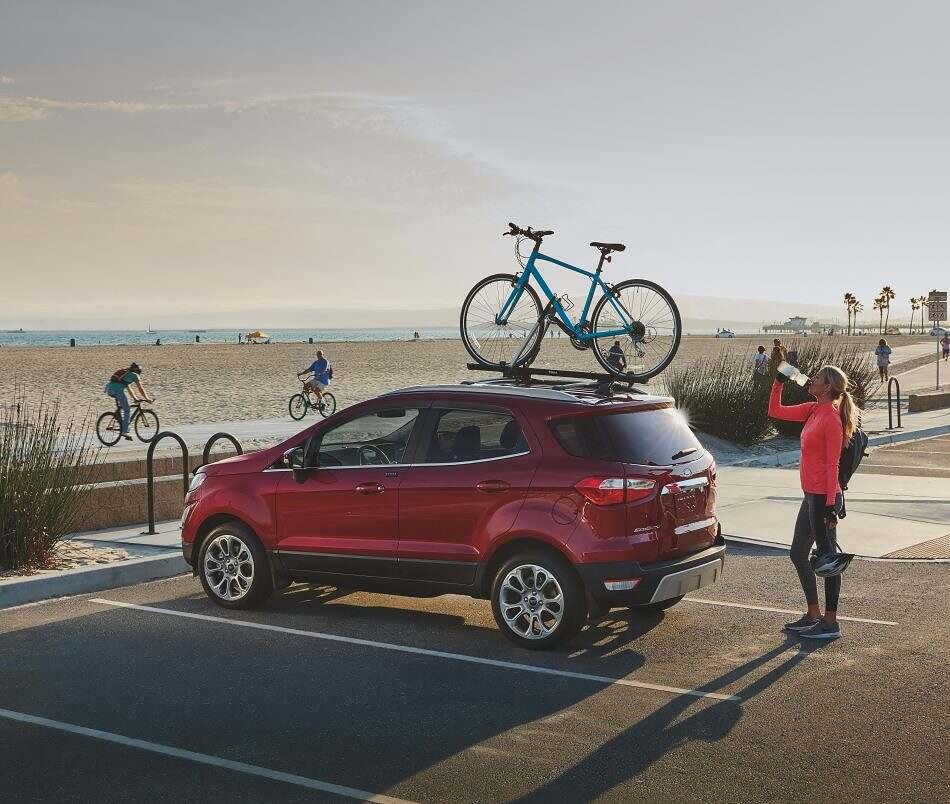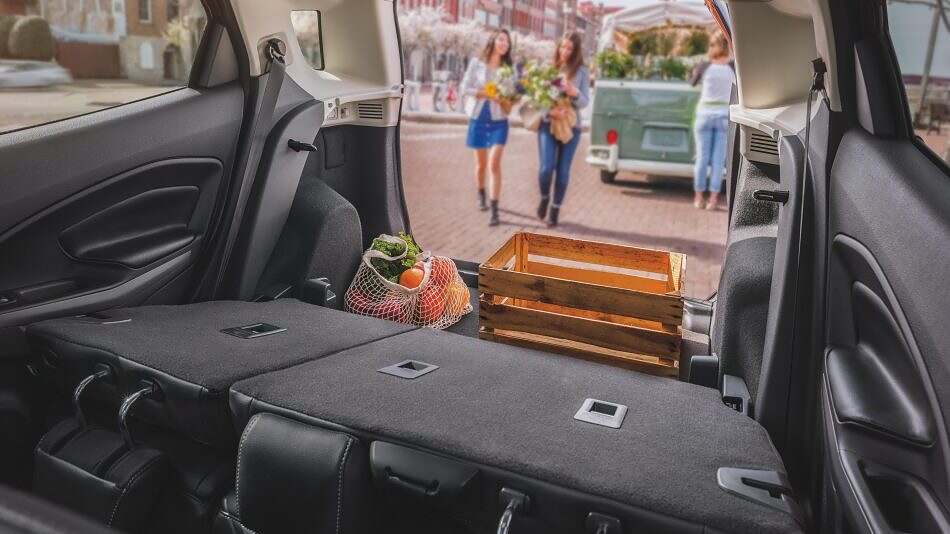
Small SUVs, especially sub-compact models, have become increasingly popular over the years. They offer a blend of practicality, comfort, and versatility that many active families find appealing.

But like all vehicles classes, they have their strengths and weaknesses. This article will explore the pros and cons of small (sub-compact) SUVs for an active family.
Pros of Small (Sub-Compact) SUVs

1. Fuel Efficiency
Sub-compact SUVs are known for their fuel efficiency, which can be a significant advantage given the rising costs of fuel. Whether you’re running errands or going on a road trip, the savings can add up. For instance, some models, like the Honda HR-V, offer impressive mileage, making it a top choice for many families.
2. Lower Ownership Costs 💰
On average, small SUVs have lower ownership costs than their larger counterparts. This includes factors like purchase price, insurance, maintenance, and fuel costs. A recent article outlined the average cost of ownership of an SUV, making it clear that smaller models are often more affordable in the long run.
3. Maneuverability
With their compact dimensions, small SUVs are easier to maneuver in tight city streets and crowded parking lots. Models like the Ford EcoSport have been praised for their turning radius, making them a good choice for urban families.
4. Advanced Safety Features
Modern small SUVs often come packed with advanced safety features, such as adaptive cruise control, automatic emergency braking, and lane-keeping assist. Additionally, many models have received perfect 5-star frontal crash ratings, providing peace of mind for families.
Cons of Small (Sub-Compact) SUVs
1. Limited Interior Space
While small SUVs are more spacious than most sedans, they can’t match the roominess of mid-size or full-size SUVs. Depending on your family’s needs, this may be a disadvantage. If you frequently carry a lot of gear or have a large family, you might prefer the added space of a mid-size or extended-length SUV.
2. Limited Towing Capacity
If your active family enjoys recreational activities that require towing, like boating or camping, a small SUV may not meet your needs. While some models offer decent towing capacity, they generally can’t match the abilities of larger SUVs.
3. Compromised Off-Road Capabilities
Although many small SUVs offer all-wheel drive, their off-road capabilities can be limited compared to larger, more rugged SUVs. If your family adventures frequently take you off the beaten path, you might want to consider off-road capable SUVs.
4. Less Powerful Engines
Due to their size, small SUVs typically come with less powerful engines compared to their larger counterparts. If you crave power and speed, you might find a small SUV lacking. That said, some sub-compact SUVs do offer surprising torque numbers.
Bottom Line
Small (sub-compact) SUVs offer several advantages for active families, such as fuel efficiency, lower ownership costs, maneuverability, and advanced safety features. However, they also have limitations, including reduced interior space, towing capacity, off-road capabilities, and less powerful engines.
Before deciding, consider your family’s specific needs and lifestyle. Test-drive various models and do your research. Be sure to check out the best compact SUVs and best sub-compact SUVs. With the right small SUV, your active family can enjoy the best of both worlds: efficiency and adventure.


